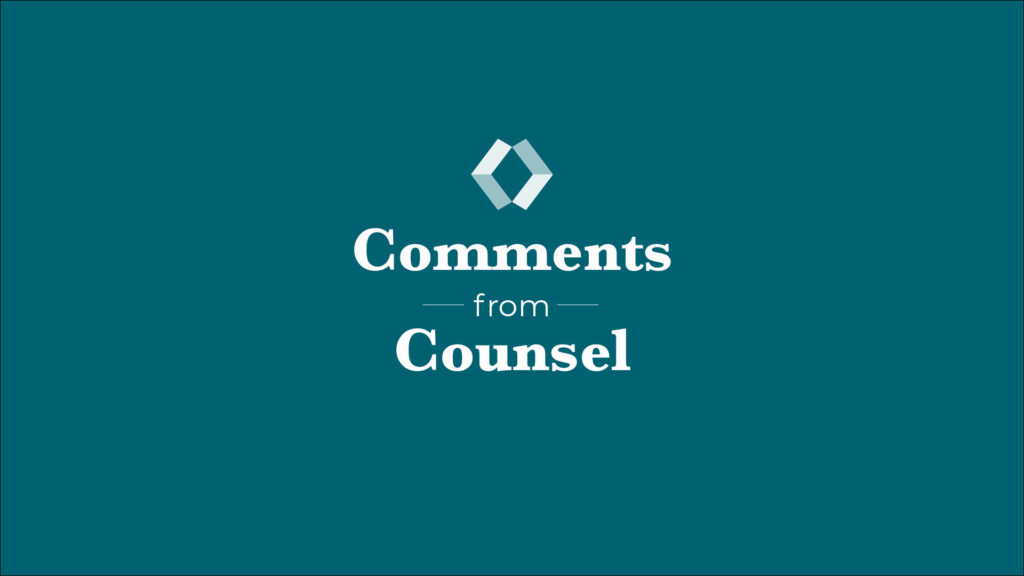[vc_row][vc_column width=”5/6″][vc_column_text]
[/vc_column_text][vc_column_text]
It’s estimated that more than half of Americans do not have an up-to-date estate plan. As a result, National Estate Planning Awareness Week was adopted in 2008 to help individuals understand what estate planning is and why it is such a vital component of financial wellness. In 2018, National Estate Planning Awareness Week takes place October 15-21.
Many people put off estate planning because they think it’s too complicated, expensive or think they don’t need to do it. Below are common misconceptions and what you really need to know about estate planning.
Myth: “I’m too young to do estate planning.”
Reality: Even young people with modest property can benefit from a relatively simple estate plan. Estate planning documents do not just deal with distribution of property at death. A comprehensive estate plan can nominate guardians for the children of young parents or can designate a clear succession of persons to make health or property decisions during lifetime in the event that you become incapacitated by accident or illness. This can prevent family squabbles that can arise in these unfortunate situations, regardless of age.
Myth: “We did our wills right after we got married 30 years ago and see no need for further planning.”
Reality: Estate plans have different components depending on what stage of life you are in. For example, once children have left the nest, naming guardians for them isn’t necessary, but providing for grandchildren might be! Additionally, estate planning laws change, and your estate plans may need to change accordingly. For example, the federal estate tax exemption 30 years ago was $625,000, but today the federal estate tax exemption is $5,490,000. That’s a huge difference, and allows many plans to be simplified from an estate tax perspective. Your estate plan addresses a snapshot in time: the farther you get from that snapshot, the less clear it becomes.
Myth: “Estate planning is only for the super-rich.”
Reality: In addition to the opportunity to nominate guardians for children or individuals to make decisions in the event of your incapacity, a comprehensive estate plan has some advantages even for those without extraordinary material wealth. For instance, revocable living trusts can remove the necessity for the administrative costs of probate at death, and they can also include provisions for gradual distribution of wealth to children rather than distribution of their entire inheritance all at once, perhaps at a young age. Estate planning also presents opportunities to leave a significant charitable legacy, making an impact after death.
Myth: “Estate planning is too complicated and expensive.”
Reality: Estate Planning is a reflection of each client’s situation. If your house is in order, your estate plan will be easy to put together. Most clients don’t envision a complicated disposition of their assets, and accordingly, their estate plans are very simple. Many estate plans can be done in two meetings. A good estate planning attorney is cognizant of both the level of complexity a client needs and the value provided to the client, and will work with that client accordingly.
Adam Fleming and Daniel Huntley are lawyers in WilliamsMcCarthy LLP’s Estates & Trusts practice group. To begin the estate planning process, or to discuss whether your current estate plan is adequate, contact Adam Fleming at (815) 987-8934 or Daniel Huntley at (815) 987-8980.
WilliamsMcCarthy LLP is a full-service Illinois-based law firm offering a broad array of legal services. Founded in 1932, its practice focus is in the areas of business law, commercial litigation, employment, health care, real estate, wills and trusts, insurance law, personal injury and intellectual property law. Additional information can be found here.
[/vc_column_text][/vc_column][vc_column width=”1/6″][/vc_column][/vc_row]





